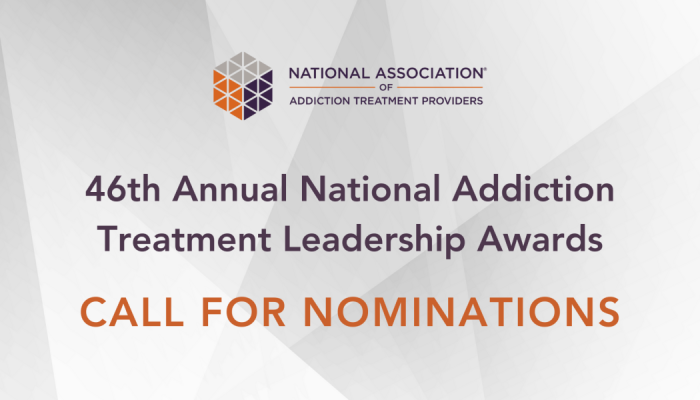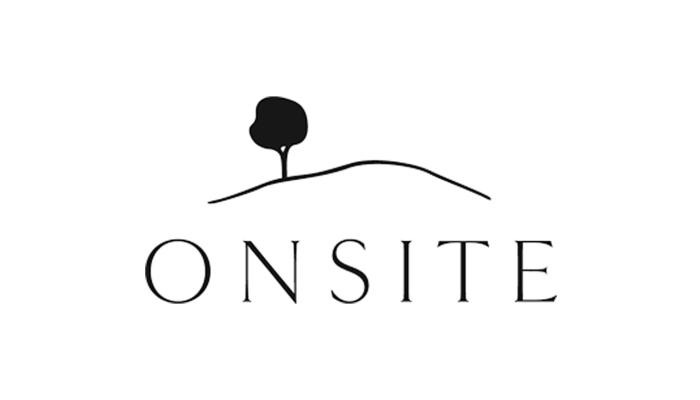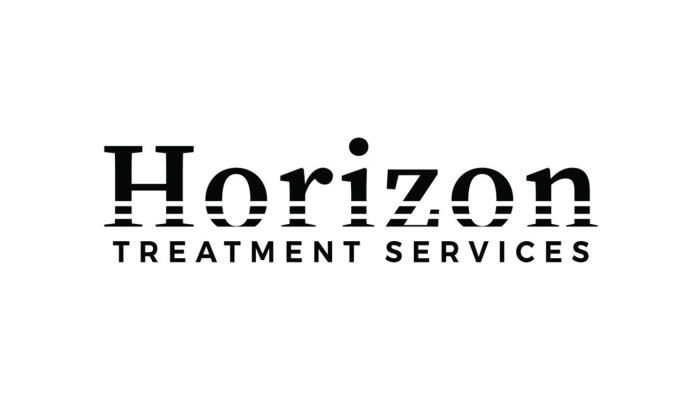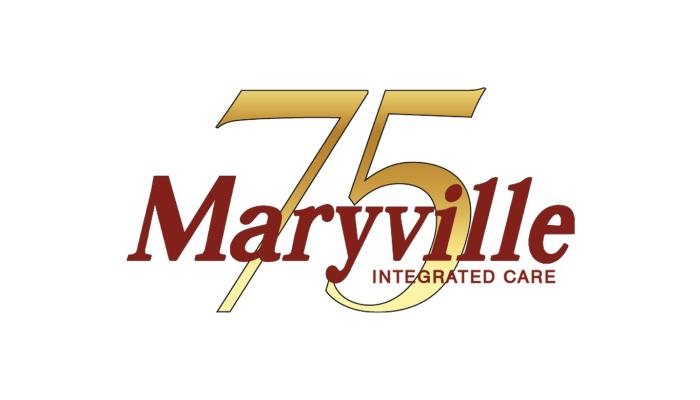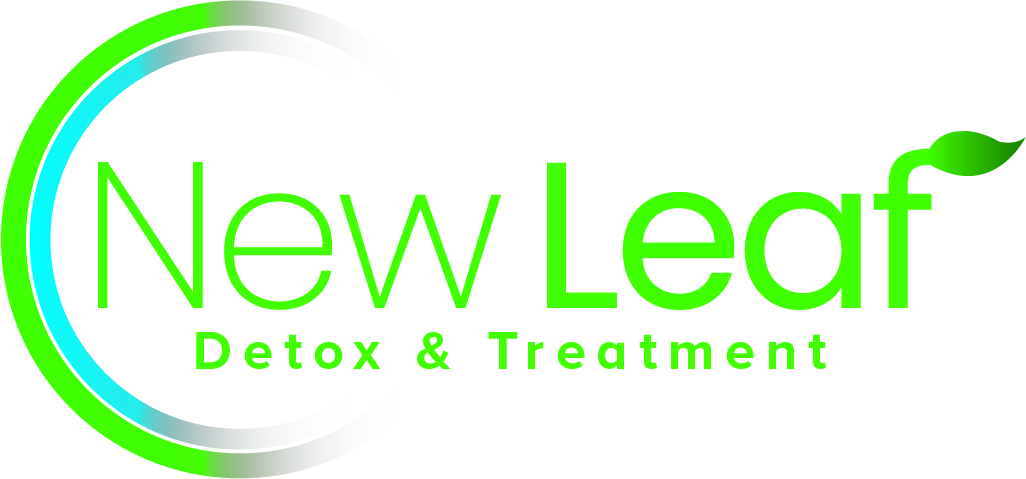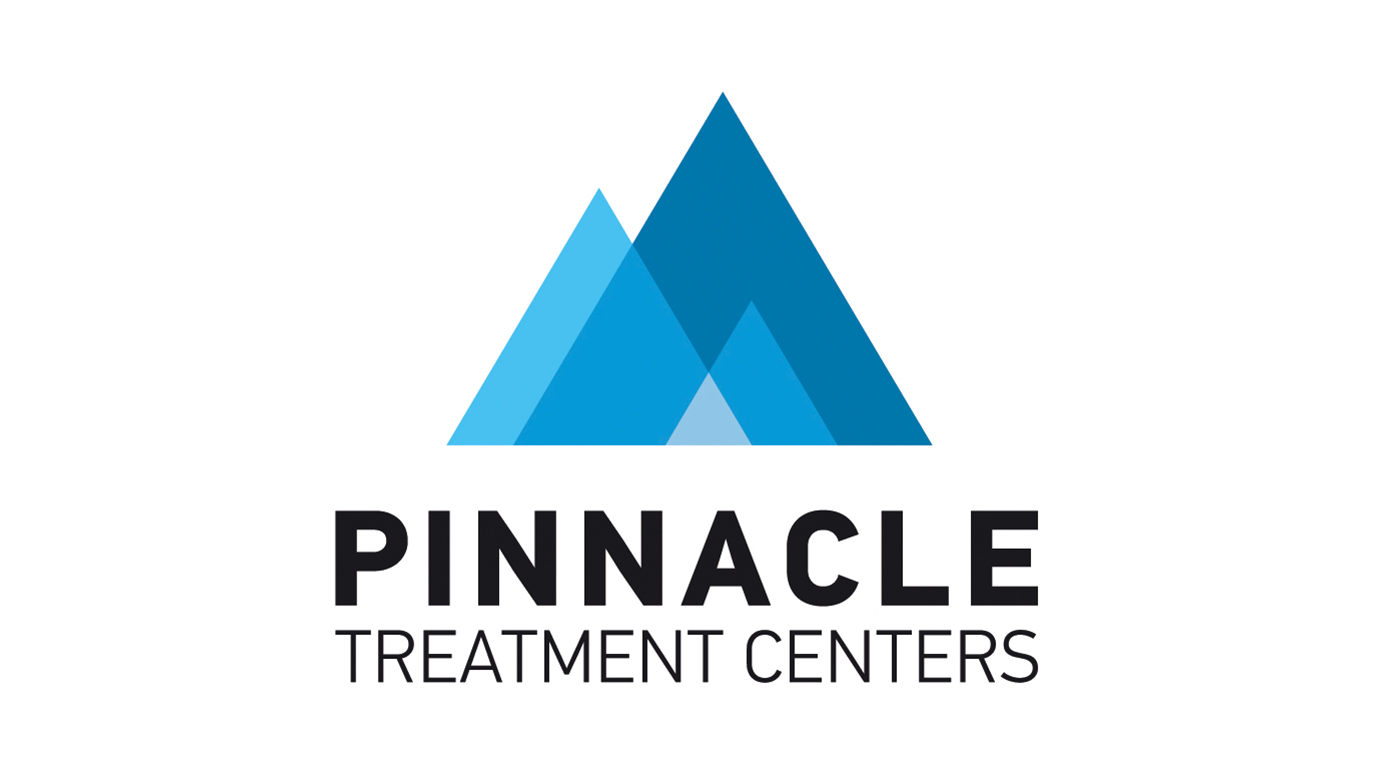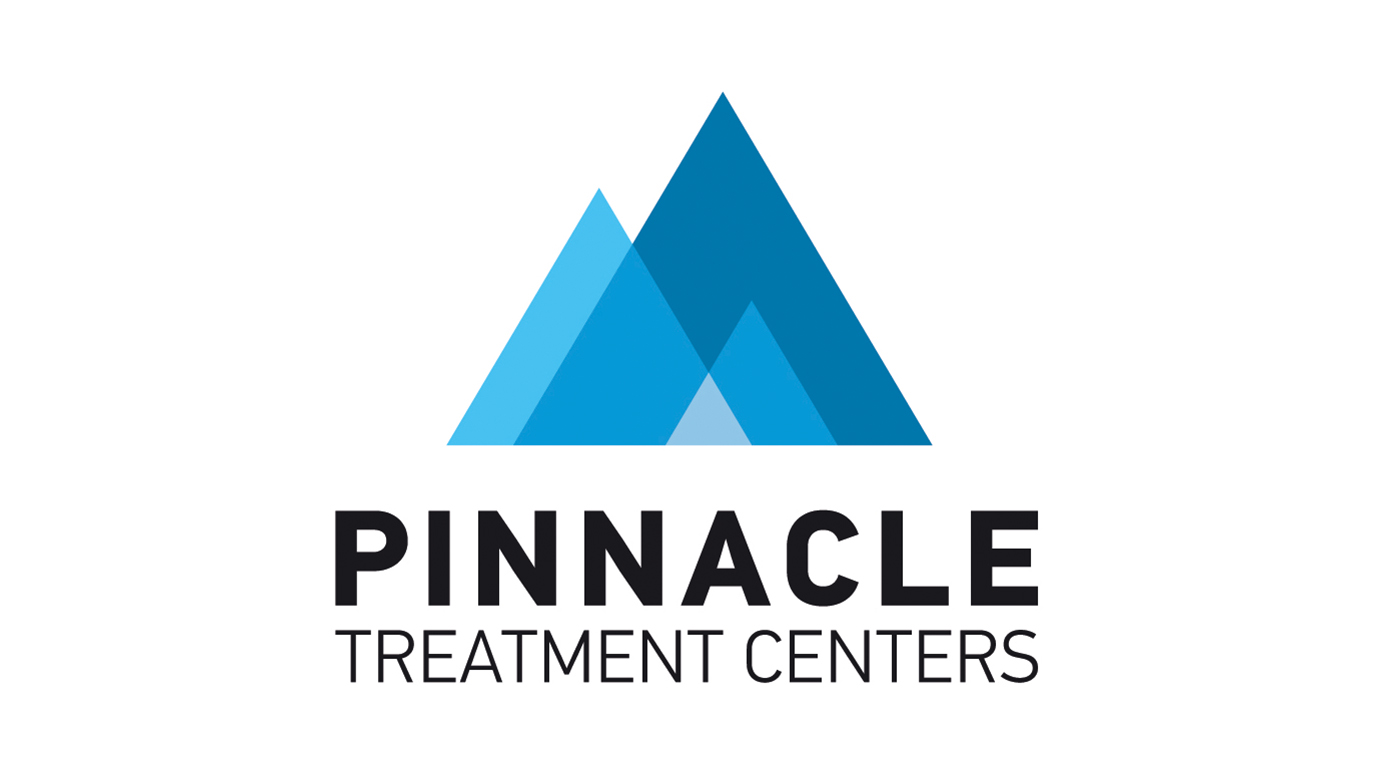Aug 10, 2022
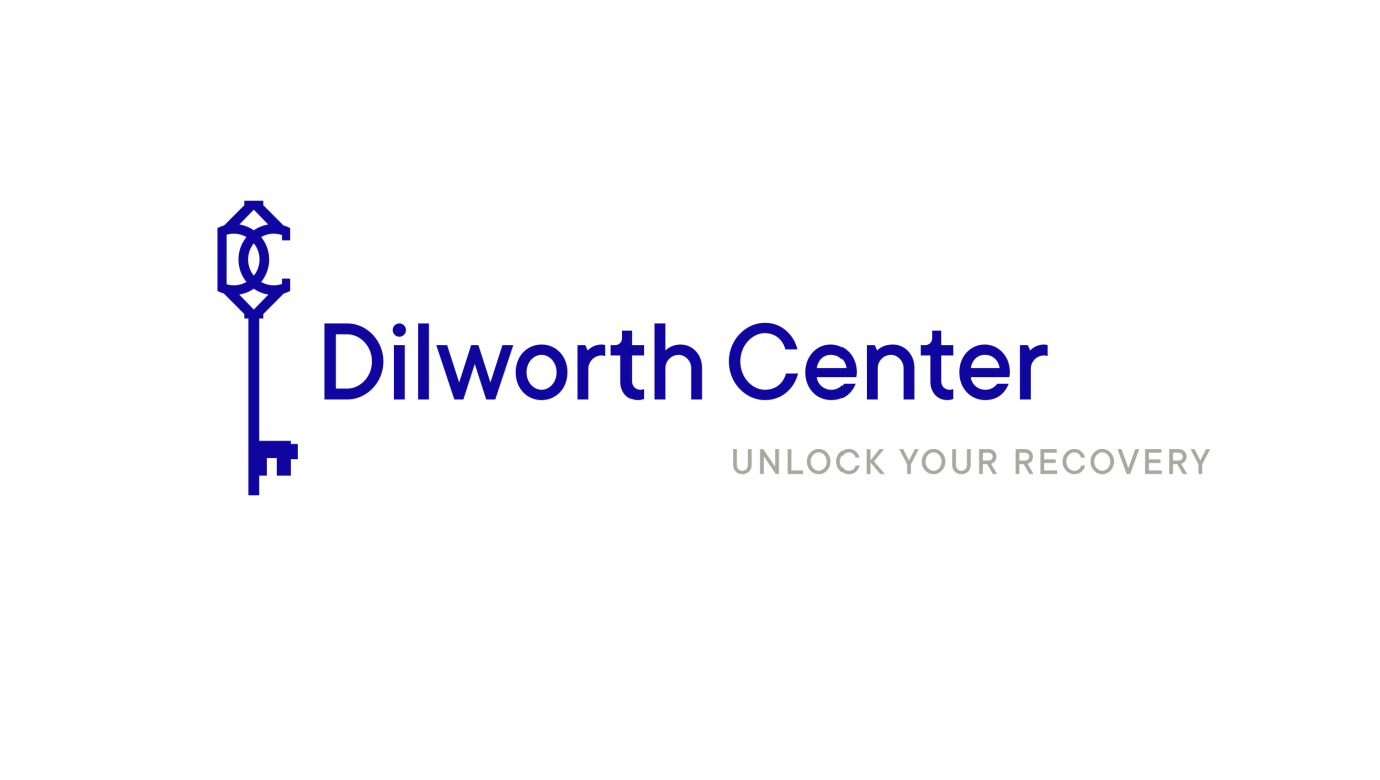
“What is your success rate?” This is a question I’ve been asked countless times over the years regarding the effectiveness of addiction treatment at Dilworth Center. One answer can be found in measuring the outcomes of people’s treatment experiences. For example, of those who have successfully completed treatment at Dilworth Center, how many are clean and sober one year following discharge? Can this be measured? The short answer is, absolutely.
The medical community has always done a good job in determining what type of treatment works the best for various diseases. For example, if you developed diabetes, you physician would be able to tell you precisely what treatment will work the best for you and why. Unfortunately, this type of data has historically been absent in the field of addiction treatment. This research gap has created uncertainty in the minds of medical professionals and consumers alike when deciding where to go to get help. All that is now changing.
Dilworth Center is currently involved in one of the most important research projects our field has ever known. The National Association of Addiction Treatment Providers (NAATP) has launched the Foundation for Recovery Science and Education (FoRSE) that is measuring treatment outcomes across the entire country. Currently, we have 54 treatment centers across 20 states participating in the FoRSE Treatment Outcomes Program as Data Sites. Our goal is to have hundreds more, all measuring treatment outcomes in a standardized, uniform, and replicable format. Dilworth Center was the first outpatient treatment center in the country to join in this historic effort.
For the first time, medical professionals will now be able to say, based upon valid research, what type of treatment works the best in achieving long-term, robust recovery. Components of treatment (i.e. group therapy, family therapy, 12-Step facilitation) will be more effectively measured. Treatment centers will be able to compare their programs to others and improve their programing based upon the data. Treatment can then be can be more individualized to meet the specific needs of patients and families.
All of this means that treatment programs across the country will improve and more people will get well. The legitimacy of addictions treatment will be bolstered in the minds of helping professionals and of those seeking help. More people than ever will begin realize what many of us have known for a very long time. That is, that treatment works.
The difference now, is that we can prove it.
*Dilworth Center’s cutting-edge Outcomes Measurement Program (OMP) received a second renewal grant from the Mecklenburg ABC Board this Spring. The OMP continues to yield valuable data and insight to strengthen our treatment program. Until now, there has been no centralized and standardized measurement system for treatment outcomes, unlike other health care fields. A nation-wide view will yield a much more valuable quality assessment of our treatment success. We look forward to sharing with you the specifics of Dilworth Center’s treatment outcomes in future issues of our newsletter. Stay tuned!

“The importance of this work cannot be overstated. At a time when our country’s addiction crisis continues to worsen, we must be engaged in the business of rigorous scientific study that will identify long lasting solutions. ” Charles Odell, CEO, Dilworth Center





